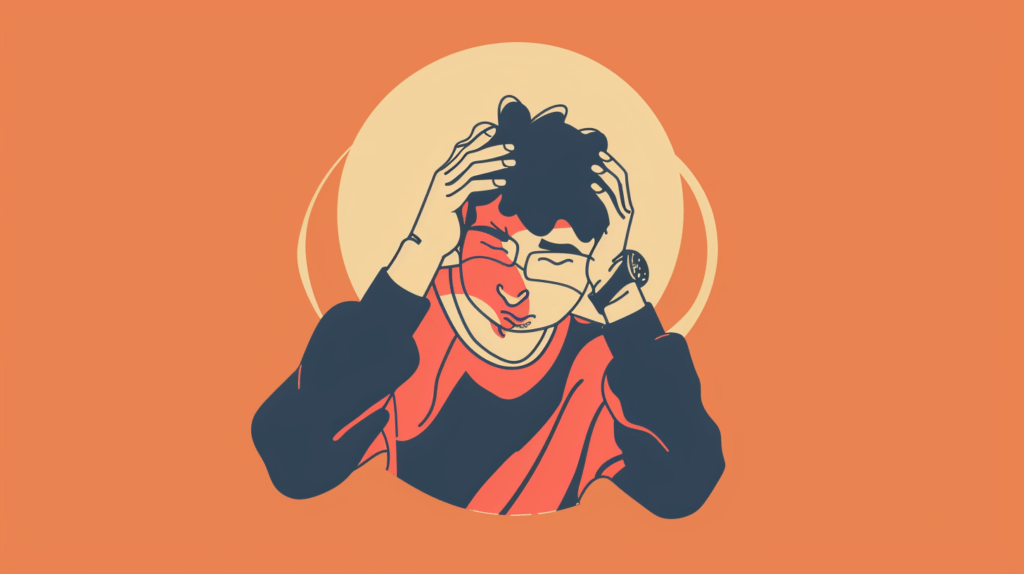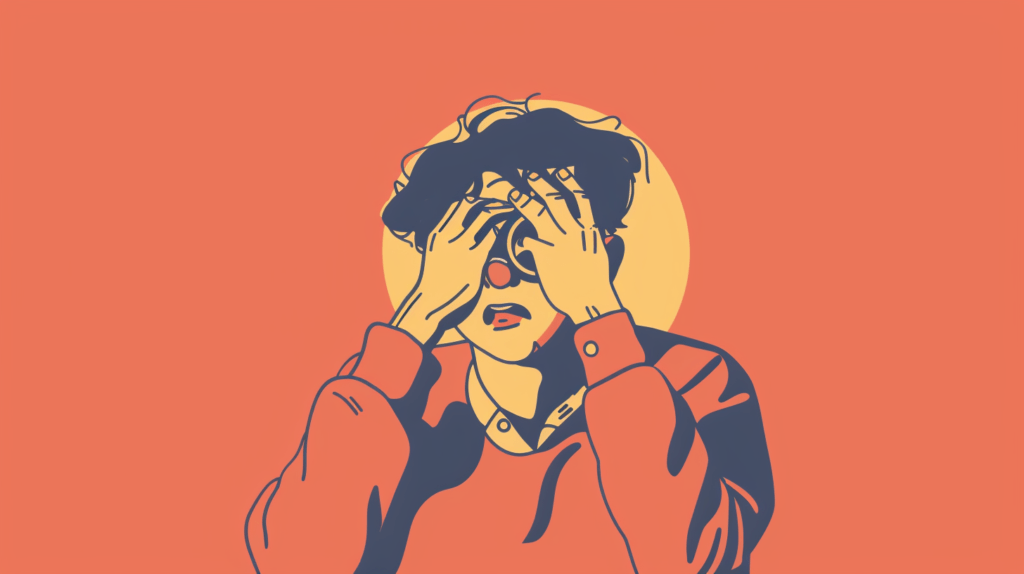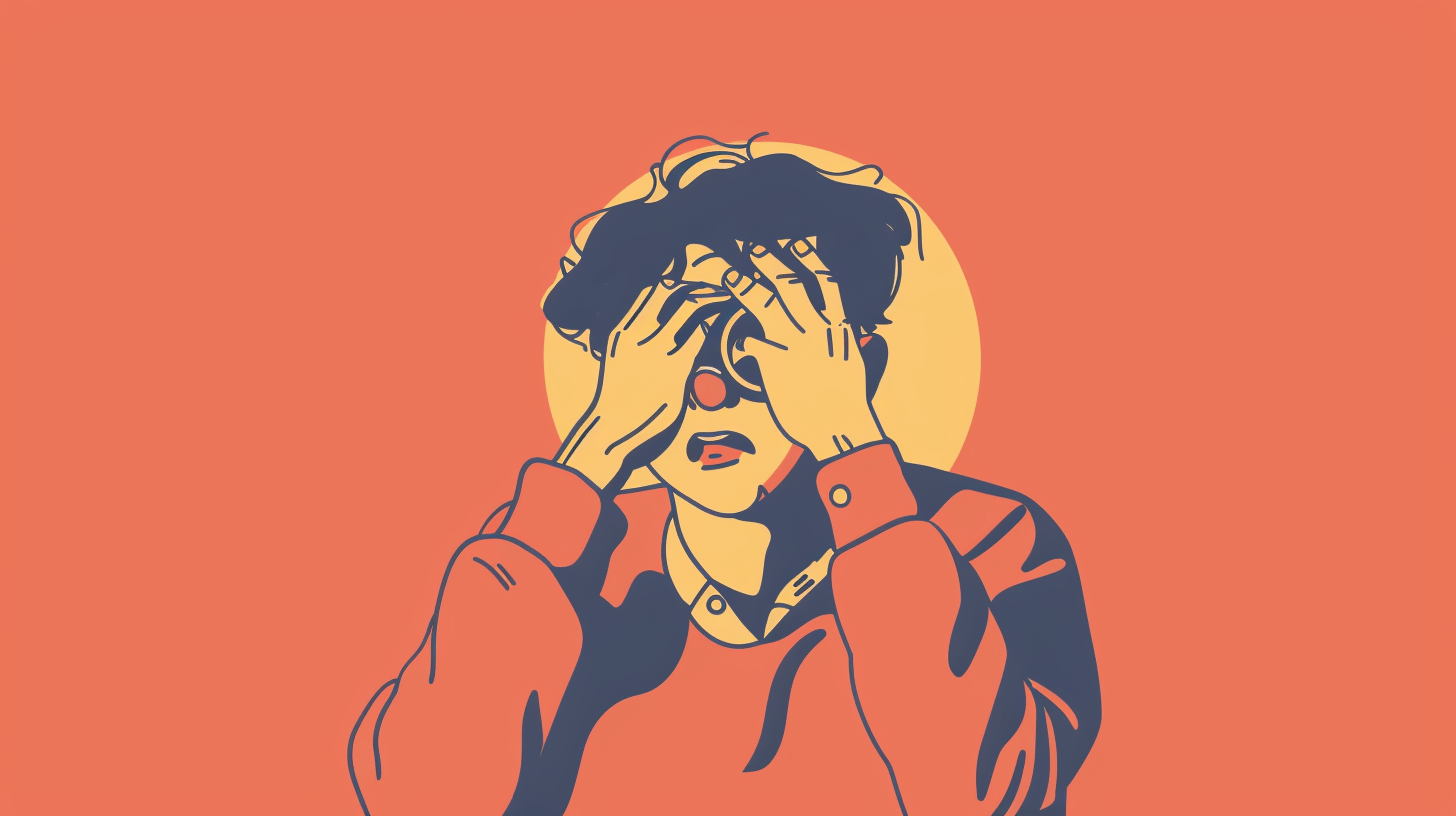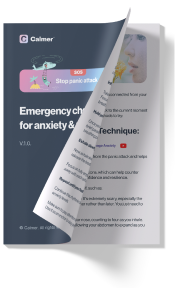Overstimulation occurs when someone experiences more sensory input, stimuli, or information than they can manage. This can lead to stress, anxiety, difficulty focusing, and trouble making decisions. Overstimulation can affect anyone and may arise from various sources, such as noisy environments, crowded places, heavy workloads, or prolonged screen time.

When there are too many stimuli, such as loud sounds, bright lights, or constant exposure to screens, it can overwhelm your senses. This makes it difficult to process information properly. This phenomenon is especially common in Highly Sensitive People (HSPs), a term popularized by Dr. Elaine Aron through her groundbreaking research. According to Aron, HSPs have a more sensitive nervous system, leading to stronger emotional, mental, and physical reactions to their environment.
Recognizing Highly Sensitive People (HSP)
Contrary to the negative view many people have about sensitivity, being a Highly Sensitive Person (HSP) is not something wrong. It means you process sensory details much more deeply and get overstimulated more easily. HSPs often have strong reactions to noise or bright light, feel intense emotions, empathize deeply with others, and get quickly stressed by multitasking. They often seek quiet time alone to recharge. Dr. Elaine Aron’s Self-Evaluation for Sensory Processing Sensitivity is a useful tool for those who think they may be HSPs (Aron, E. N., 1996).
Overstimulation Symptoms and Triggers
When there is too much stimulation, it can manifest in various ways, such as difficulty concentrating, irritability, anxiety, and physical symptoms like headaches or stomach issues. Highly Sensitive People (HSPs) and those with Attention Deficit Hyperactivity Disorder (ADHD) often experience these reactions. Modern lifestyles with excessive screen time and information overload contribute significantly to feeling overwhelmed. The ongoing pandemic has exacerbated this issue, as many people are increasingly reliant on digital devices, further heightening sensory overload.

Strategies for Managing Overstimulation
1. Reduce Time on Screens
To prevent overstimulation, reduce screen time with practical methods. Use features to monitor screen usage and designate no-screen periods, especially before bedtime, to improve sleep quality.
2. Make a Private Quiet Place
Create a quiet, comfortable space with fewer sensory distractions, such as soft lighting, minimal noise, and cozy furniture, to unwind and recharge.
3. Try Mindfulness
Practice mindfulness meditation, deep breathing exercises, and yoga to manage sensory responses and cultivate tranquility.
4. Establish Limits
Communicate your needs and set boundaries to manage stressful social settings and environments, planning for quiet times and peaceful spaces.
5. Calming Sounds
Listening to familiar, soothing sounds or music can buffer your senses and reduce the feeling of overstimulation.

Final Words
If individuals recognize when they are becoming overstimulated and use effective coping strategies, they can better maintain their health, enhance work performance, and lead a more balanced life.
By including information from psychology, neuroscience, and mental health studies, we provide readers with a thorough understanding of overstimulation. This approach equips them with practical, science-based tools to manage sensory overload positively and effectively.




